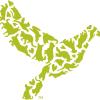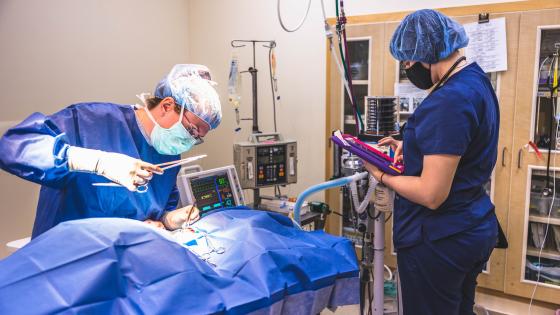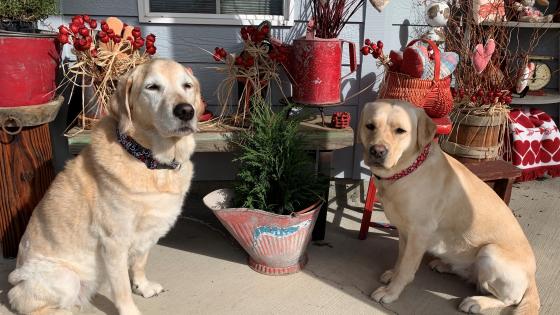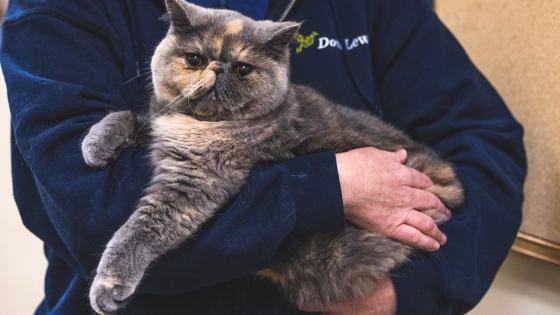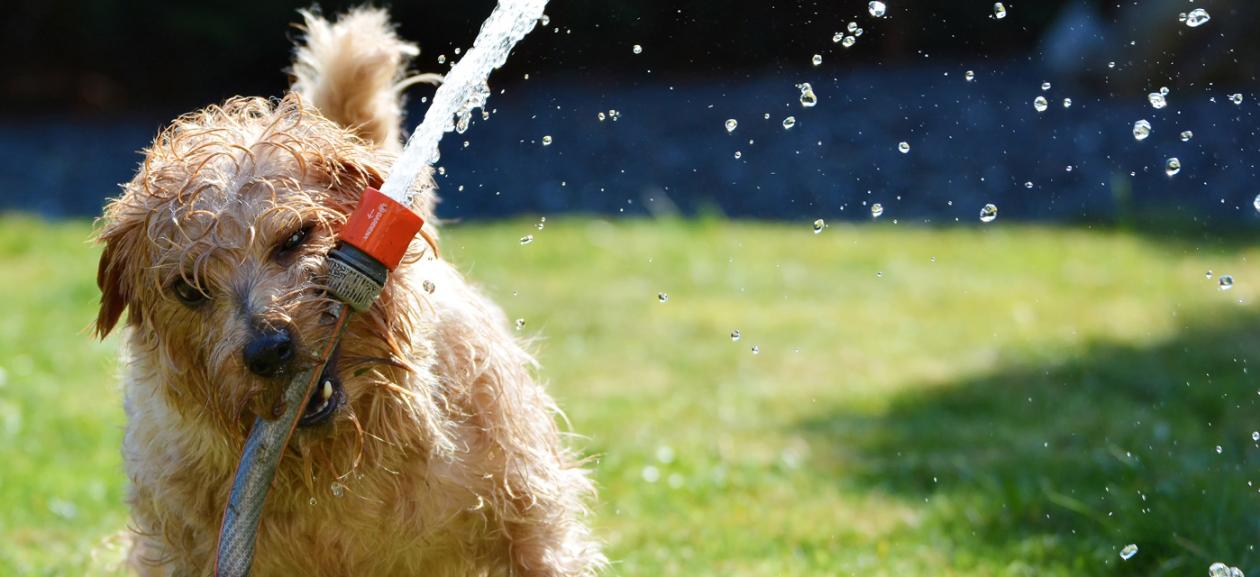
Don’t Overlook These Summer Pet Risks
Portland summers bring beautiful, clear skies, hot outdoor fun, and a myriad of ways to enjoy the sunshine with your animal family members. During this time of year, most pet owners are cautious of ticks, heatstroke, and leaving pets in a hot car. But there are a few additional hazards that come with the summer season:
High-Rise Syndrome:
“High-rise syndrome” refers to pets—especially cats—falling from upper-story windows, balconies, or decks. During warm summer months, open windows and increased time spent on patios raise the risk of these accidents, particularly in apartments or multi-story homes.
Prevention Tips:
- Don’t rely on window screens to keep pets safe—they can easily pop out.
- Avoid leaving windows open, even a crack, unless they are securely pet-proofed.
- Move patio furniture away from railings to prevent pets from jumping or climbing.
- Supervise pets on balconies or high patios at all times.
- Consider using air conditioning so windows can remain closed on upper floors.
If your pet suffers a fall, seek veterinary care immediately.
Corn Cobs (and Other Foods):
Barbecue season brings tempting smells and tasty treats, but many common foods are dangerous to pets. Corn cobs, in particular, are a frequent cause of ER visits because they can cause intestinal blockages that often require surgery. Bones (especially cooked), chocolate, grapes, onions, and fatty foods also pose serious health risks.
Prevention Tips:
- Stay informed about possible toxic foods and other items through ASPCA Poison Control.
- Keep food and leftovers out of reach during cookouts or picnics.
- Secure trash and food scraps so curious pets can’t get to them.
If you believe that your animal is ill or may have ingested a toxic substance, contact your local veterinarian or the ASPCA Animal Poison Control Center at 1-888-426-4435.
Toxic Algae:
During Portland’s summer months, lakes and rivers can develop harmful blue-green algae (cyanobacteria), which is extremely toxic to pets. Dogs can become seriously ill or even die within hours of exposure by drinking or swimming in contaminated water.
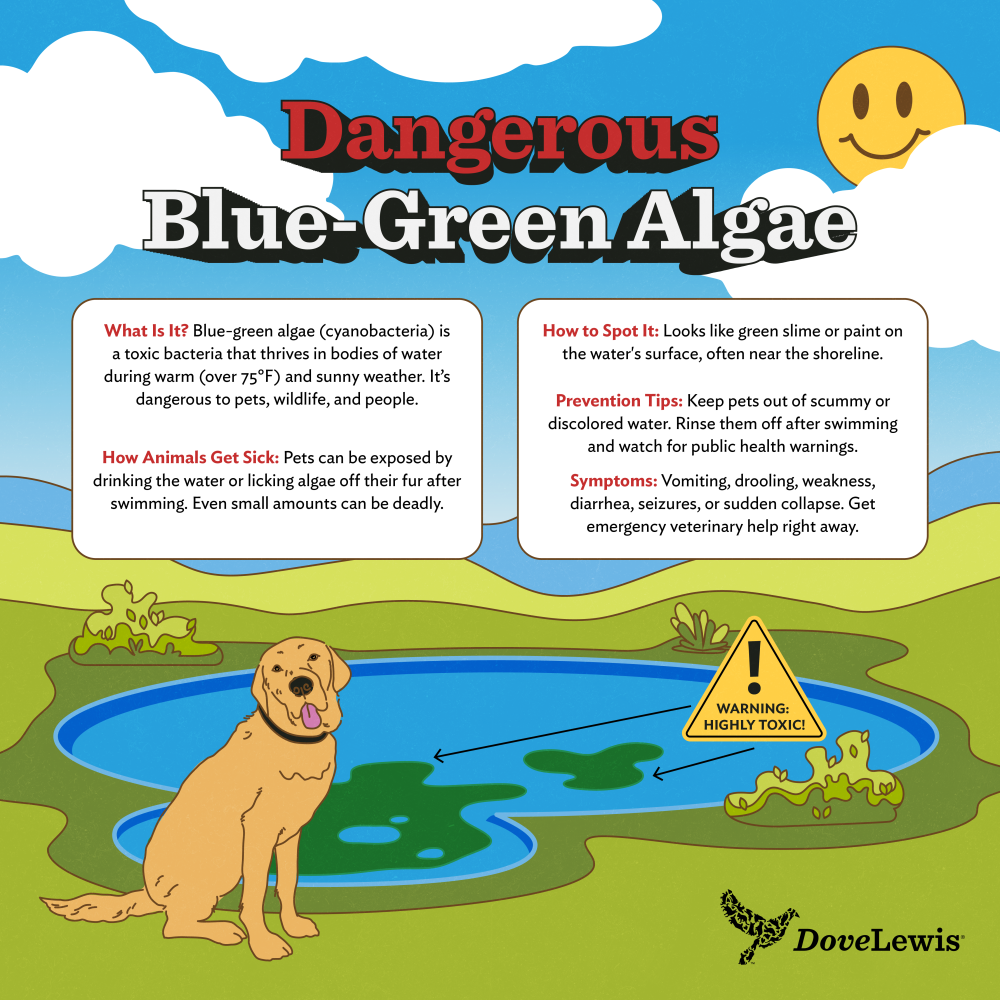 Symptoms include: vomiting, diarrhea, drooling, weakness, staggering, seizures, and pale gums.
Symptoms include: vomiting, diarrhea, drooling, weakness, staggering, seizures, and pale gums.
Prevention Tips:
- Stay informed with toxic algae growth alerts through the Oregon Health Authority website.
- Avoid letting pets swim in or drink from stagnant or suspicious-looking water.
- Watch for bright green or blue-green “slicks” on the surface of lakes or ponds.
If you suspect exposure, seek emergency care immediately.
Salmon Poisoning:
Unique to the Pacific Northwest, Salmon Poisoning Disease is a potentially fatal illness that affects dogs who eat raw fish (especially salmon or trout) from local rivers and streams. Warm weather increases the risk as families spend more time near water.
Symptoms typically appear 5–7 days after ingestion and include: vomiting, severe diarrhea, lethargy, swollen lymph nodes, fever, loss of appetite, and dehydration.
Prevention Tips:
- Keep pets away from raw or dead fish along rivers or beaches.
- Don’t feed your dog raw fish while fishing or cleaning your catch.
- Dispose of raw fish safely and keep pets away from garbage or bait containers.
Call your regular veterinarian or DoveLewis immediately at 503-228-7281 if your dog develops symptoms of salmon poisoning. Be sure to tell the veterinary team if you suspect your dog ate raw fish.
